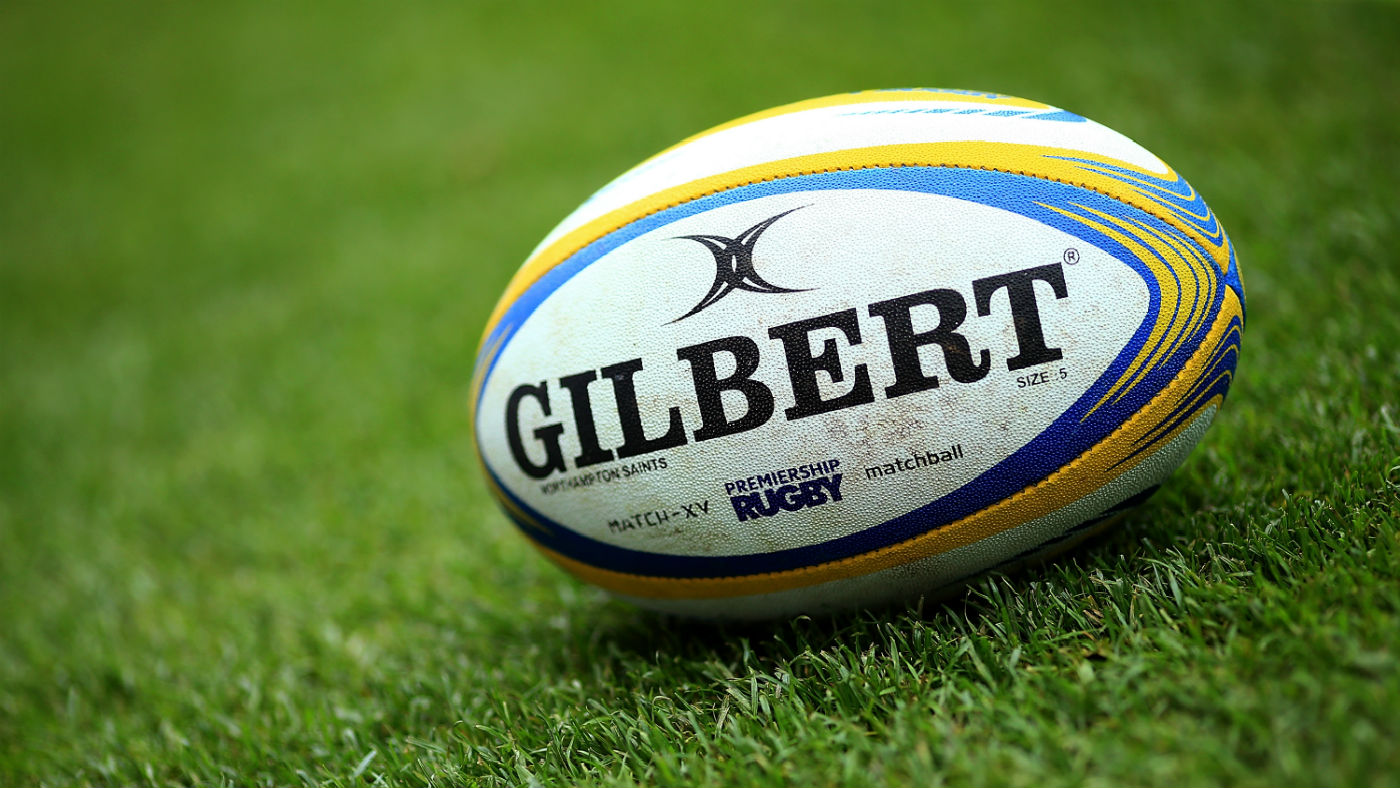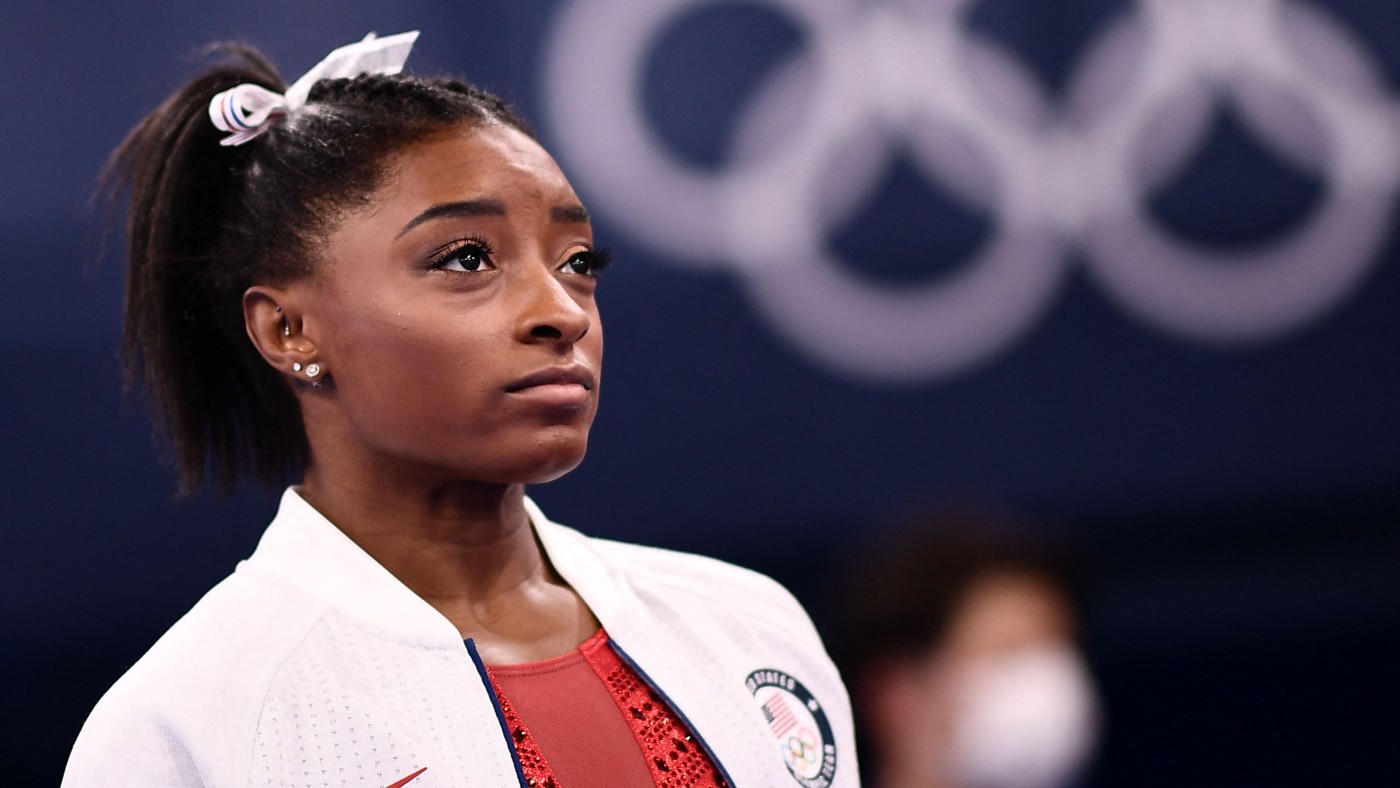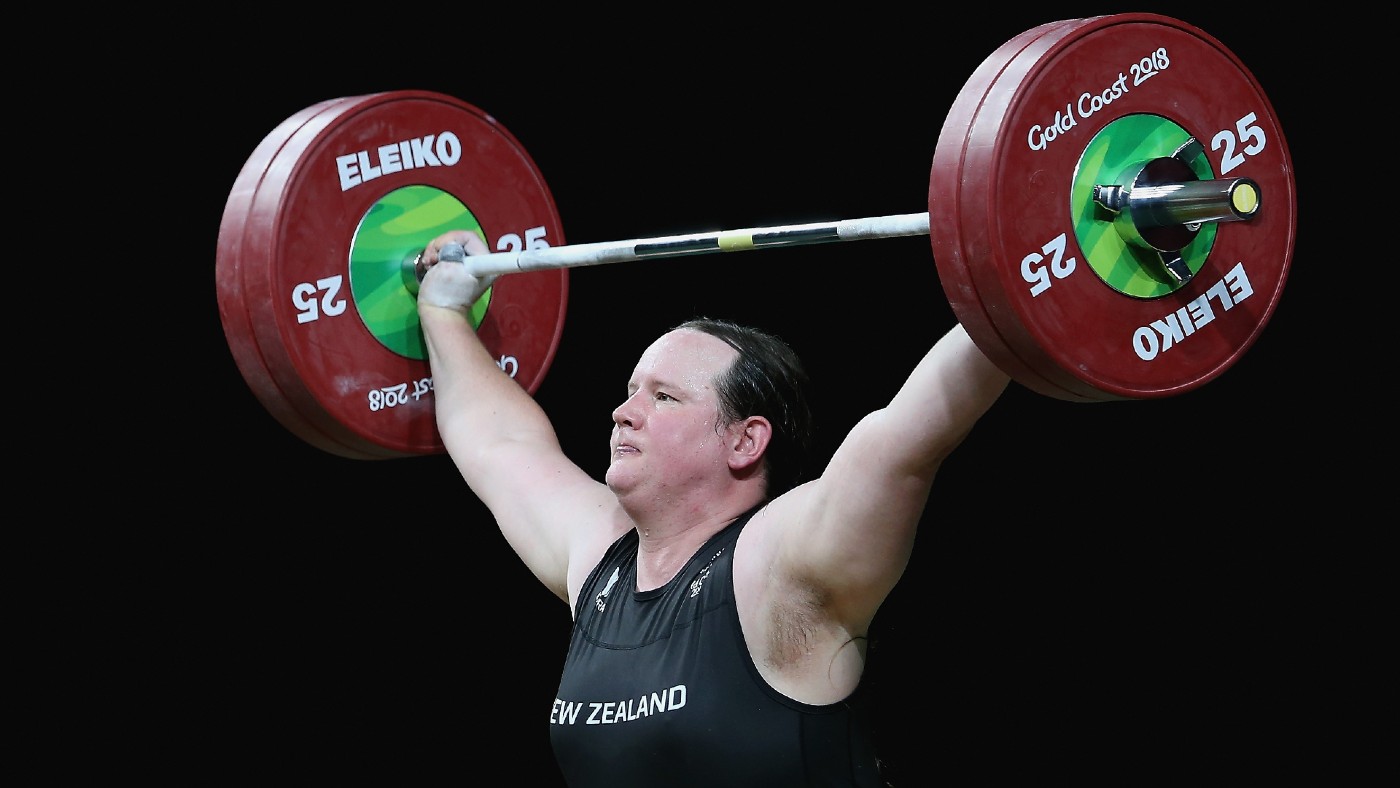Mental health crisis for retired rugby union players
New data reveals major issues for those who have left the professional game

A free daily email with the biggest news stories of the day – and the best features from TheWeek.com
You are now subscribed
Your newsletter sign-up was successful
Statistics published by the Rugby Players’ Association (RPA) has revealed that 62% of retired players have suffered from mental health issues.
Described as “shocking” by The Daily Telegraph, the RPA survey exposes the “true scale of rugby’s mental health crisis”.
According to the RPA data, mental wellbeing and finances are two of the major issues that retired players face. Approximately 200 retired players were surveyed, says the Telegraph, with 46% of them being former internationals and 77% who had either played 100 matches at club level or international level.
The Week
Escape your echo chamber. Get the facts behind the news, plus analysis from multiple perspectives.

Sign up for The Week's Free Newsletters
From our morning news briefing to a weekly Good News Newsletter, get the best of The Week delivered directly to your inbox.
From our morning news briefing to a weekly Good News Newsletter, get the best of The Week delivered directly to your inbox.
The RPA survey revealed:
- 62% of retired players have had a mental health issue
- 52% said that two years after retiring they did not feel in control of their lives
- 50% of players have had financial issues in the first five years of retirement
- 46% of players were unhappy with the preparation for life after sport
Omar Hassanein, chief executive of global representative body International Rugby Players, was shocked by the RPA’s findings.
“That 62% figure is very alarming,” said Hassanein. “That is almost two in three players suffering mental health issues. If that is not a major issue that requires focus then I do not know what is.
“There is no point in looking at that figure and simply saying it is alarming. As the game grows, and the 2023 Rugby World Cup in France is going to be the most lucrative [World Cup in history], no doubt, then the game needs to find a way to look after the personal side of the athletes, otherwise it is only going to get worse.”
A free daily email with the biggest news stories of the day – and the best features from TheWeek.com
-
 Why are election experts taking Trump’s midterm threats seriously?
Why are election experts taking Trump’s midterm threats seriously?IN THE SPOTLIGHT As the president muses about polling place deployments and a centralized electoral system aimed at one-party control, lawmakers are taking this administration at its word
-
 ‘Restaurateurs have become millionaires’
‘Restaurateurs have become millionaires’Instant Opinion Opinion, comment and editorials of the day
-
 Earth is rapidly approaching a ‘hothouse’ trajectory of warming
Earth is rapidly approaching a ‘hothouse’ trajectory of warmingThe explainer It may become impossible to fix
-
 The biggest sporting events of 2025
The biggest sporting events of 2025The Explainer Women's Rugby World Cup and African Cup of Nations are among sporting highlights this coming year
-
 Mason Greenwood: footballer arrested on suspicion of rape and assault
Mason Greenwood: footballer arrested on suspicion of rape and assaultSpeed Read Man Utd confirm the striker will not train or play until further notice
-
 Handball: swapping bikini bottoms for tight pants
Handball: swapping bikini bottoms for tight pantsSpeed Read Women competitors will be required to ‘wear short tight pants with a close fit’
-
 Cristiano Ronaldo’s second coming
Cristiano Ronaldo’s second comingSpeed Read Last week, Manchester United re-signed the forward on a two-year deal thought to be worth more than £400,000 a week
-
 Mental health and elite sport: the pressure to perform
Mental health and elite sport: the pressure to performIn the Spotlight Gymnastics star Simone Biles pulls out of the individual all-around final in Tokyo
-
 Bank holidays and boycotts: are MPs trying to jinx England?
Bank holidays and boycotts: are MPs trying to jinx England?Speed Read Declaring a bank holiday would be ‘tempting fate’, says Boris Johnson
-
 Weightlifting: Olympic Games set for transgender first
Weightlifting: Olympic Games set for transgender firstSpeed Read New Zealand weightlifter Laurel Hubbard will make history at Tokyo 2020
-
 Sport shorts: Champions League expansion plan to be agreed
Sport shorts: Champions League expansion plan to be agreedSpeed Read News and reactions from the world of sport, featuring Joachim Low and the Lions women’s team